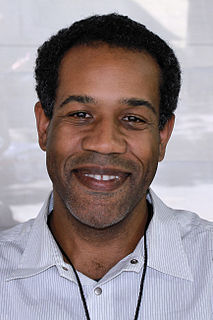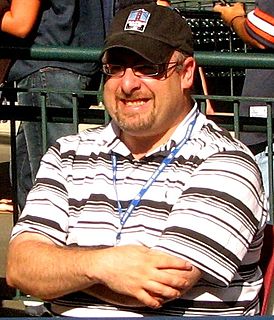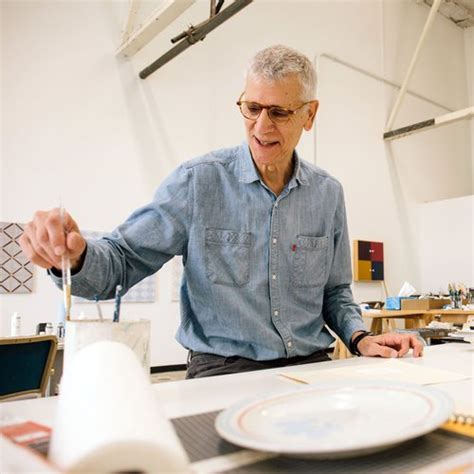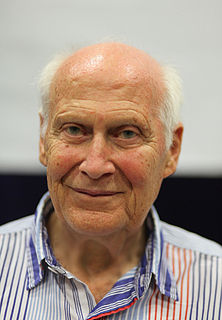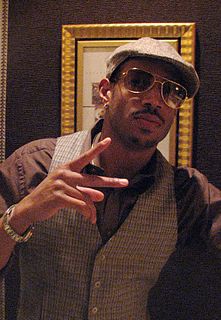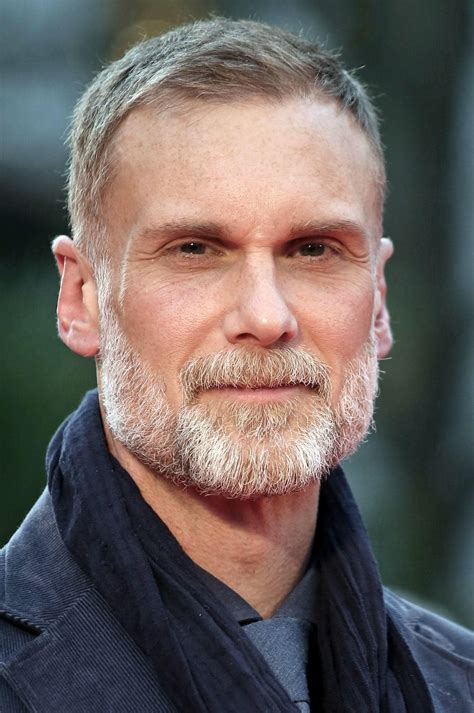A Quote by Gregory Pardlo
On top of whatever else I'm doing, I'm usually teaching some form of composition. The benefit of this is I get to read across disciplines. Often enough that work spills over to my creative reading/thinking, and I reach a point of saturation where I can't distinguish between texts and writers and everything starts to blur and smudge together.
Related Quotes
A lot of writers tired of doing kind of hip, slick, funny, dark, exploding hypocrisy, underlining once again the point that life is a farce and we're all in it for ourselves and that the point of life is to amass as much money/fame/sexual gratification, you know, whatever your personal thing is, and that everything else is just glitter or PR image - that we're tired of sort of doing that stuff over and over again.
My life as a painter influences my teaching and my duties as president of CCA - and I hope some of the experience of working at an exciting art school also spills over into my studio work. I believe most artists are adept at juggling multiple responsibilities - whether it's work, teaching, caring for family members or attending to relationships - with their studio commitment.
In the beginning, I want to say something about human greatness. Some time ago, I was reading texts of Kungtse. When I read these texts, I understood something about human greatness. What I understood from his writings was: What is greatest in human beings is what makes them equal to everybody else. Everything else that deviates higher or lower from what is common to all human beings makes us less. If we know this, we can develop a deep respect for every human being.
I read continually and don't understand writers who say they don't read while working on a book. For a start, a book takes me about two years to write, so there's no way I am depriving myself of reading during that time. Another thing is that reading other writers is continually inspiring - reading great writers reminds you how hard you have to work.
Teaching literature is teaching how to read. How to notice things in a text that a speed-reading culture is trained to disregard, overcome, edit out, or explain away; how to read what the language is doing, not guess what the author was thinking; how to take evidence from a page, not seek a reality to substitute for it.
People have proven over and over that they will read if they are given something they like. The problem with reading is not reading, its that almost everything out there sucks. For so long, publishing has been run by a cartel of snobby pseudo-intellectual failed writers, and the resulting output has reflected not what the market wants, but what they think people are supposed to read.
Three and a half years in L.A. was enough for me. I would love to go back for short bursts if a film opportunity came up, but it's a unique place, and you can reach saturation point. For me it was a place where creative desire and ambition meets desperation. It's in the air; it's palpable - I just didn't want to be around that.
This is that which I think great readers are apt to be mistaken in; those who have read of everything, are thought to understand everything too; but it is not always so. Reading furnishes the mind only with materials of knowledge; it is thinking that makes what we read ours. We are of the ruminating kind , and it is not enough to cram ourselves with a great load of collections:;; unless we chew them over again, they will not give us strength and nourishment.
The first action to be taken is to pull ourselves together. If we are going to be destroyed by an atomic bomb, let that bomb, when it comes, find us doing sensible and human things -- praying, working, teaching, reading, listening to music, bathing the children, playing tennis, chatting to our friends over a pint and a game of darts -- not huddled together like frightened sheep and thinking about bombs.
Bypasses are devices that allow some people to dash from point A to point B very fast while other people dash from point B to point A very fast. People living at point C, being a point directly in between, are often given to wonder what's so great about point A that so many people from point B are so keen to get there and what's so great about point B that so many people from point A are so keen to get there. They often wish that people would just once and for all work out where the hell they wanted to be.
Read a lot. But read as a writer, to see how other writers are doing it. And make your knowledge of literature in English as deep and broad as you can. In workshops, writers are often told to read what is being written now, but if that is all you read, you are limiting yourself. You need to get a good overall sense of English literary history, so you can write out of that knowledge.
